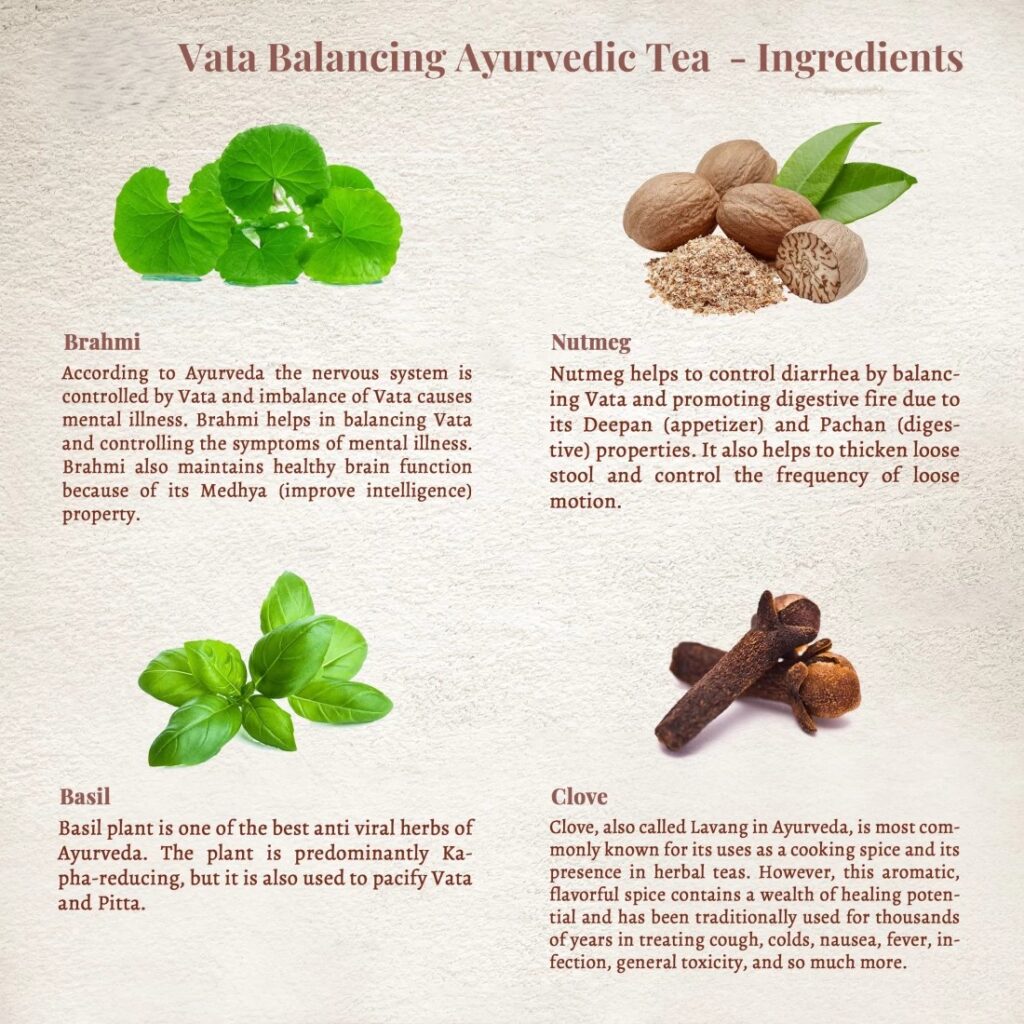Gas discomfort is a common issue that can disrupt daily life. Ayurvedic Gas Treatment offers a holistic solution by targeting the root causes and providing natural remedies. In this post, we’ll explore the Ayurvedic perspective on gas, its causes, symptoms, and effective treatments. By understanding these remedies, you can find lasting relief and support your digestive health.
Causes of Gas in Ayurvedic Gas Treatment
According to the Charaka Samhita, one of Ayurveda’s foundational texts, imbalances in the Vata dosha are primarily responsible for gas-related issues. Factors like improper diet, stress, and an irregular lifestyle disturb Vata, leading to bloating and discomfort. Ashtanga Hridaya also mentions the importance of balancing digestive fire (Agni) to prevent gas.
- Poor Digestion: Weak digestion (Agni) often causes gas, as undigested food begins to ferment in the intestines.
- Incompatible Foods: Consuming foods that don’t pair well (such as milk with sour fruits) can disturb digestion and create gas.
- Irregular Eating Habits: Eating at inconsistent times or consuming food too quickly can upset Vata dosha, leading to gas buildup.
- Stress and Anxiety: High levels of stress are known to aggravate Vata, which directly affects digestion.
Symptoms of Gas in Ayurveda
Gas in Ayurveda can present with various symptoms, which signal that digestion needs support. Common symptoms include:
- Bloating and Fullness: A persistent feeling of tightness in the abdomen.
- Burping: Frequent need to release gas from the mouth.
- Flatulence: Release of gas through the rectum.
- Abdominal Pain: Often located around the belly or sides, this pain can be sharp or dull.
- Digestive Discomfort: Uneasiness in the digestive tract, which can worsen after meals.
Ayurvedic Treatments for Gas
For those seeking relief, Ayurvedic Gas Treatment emphasizes natural approaches, such as specific herbs and lifestyle practices, to reduce gas and bloating.
1. Dietary Recommendations
- Warm, Cooked Foods: Ayurveda emphasizes warm, easily digestible foods for managing gas.
- Ginger and Asafoetida (Hing): Adding ginger and hing to your meals can aid digestion and reduce gas.
- Avoid Cold Foods: Cold and raw foods can increase Vata, so stick to warm dishes instead.
- Fennel Seeds: Chewing on fennel seeds after meals helps prevent bloating and aids digestion.
2. Herbal Remedies
- Triphala: This well-known Ayurvedic formula supports digestion and helps relieve gas.
- Ajwain (Carom Seeds): Ajwain seeds can reduce gas and are commonly taken with warm water for quick relief.
- Cumin, Coriander, and Fennel Tea: This herbal tea mix soothes digestion and helps balance Vata dosha.

3. Lifestyle Practices
- Regular Meal Times: Eating at consistent times each day helps to regulate digestion.
- Yoga and Pranayama: Gentle yoga poses like Pawanmuktasana (Wind-Relieving Pose) and breathing exercises help release trapped gas.
- Mindful Eating: Taking time to eat slowly and chew food thoroughly aids digestion, reducing the likelihood of gas.
When to Seek an Ayurvedic Consultation
Although these remedies may help relieve mild gas symptoms, you should consult an Ayurvedic practitioner for chronic or severe digestive issues. A practitioner can create a personalized plan to balance your doshas and support long-term digestive health.
